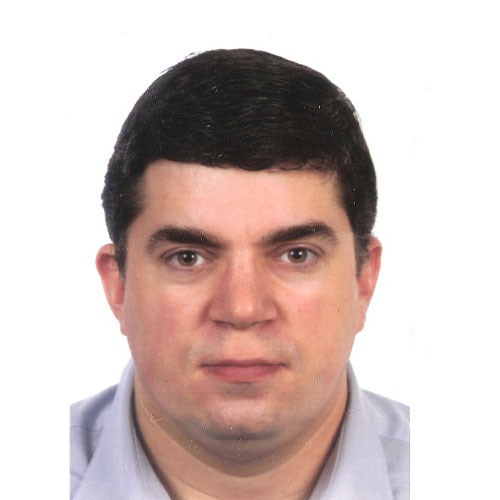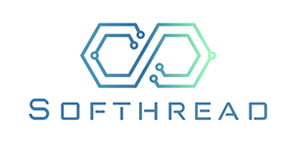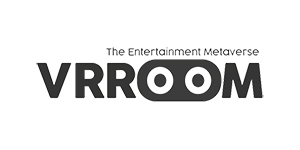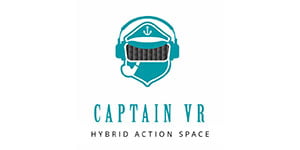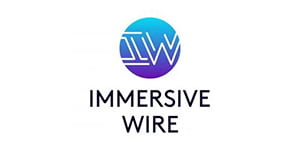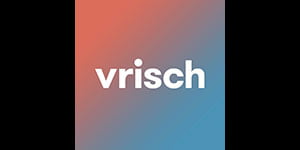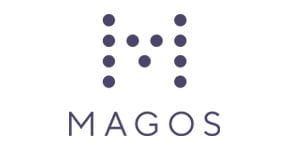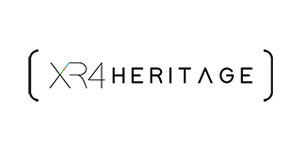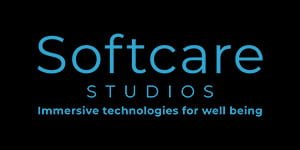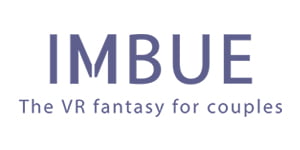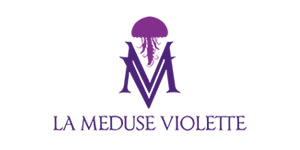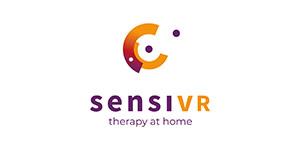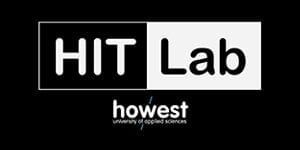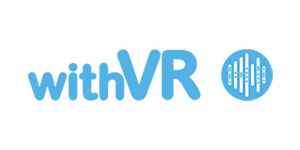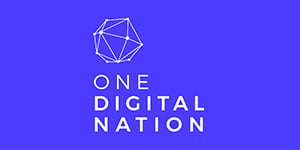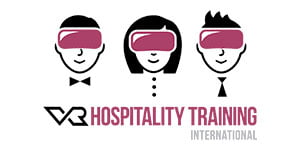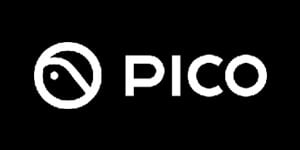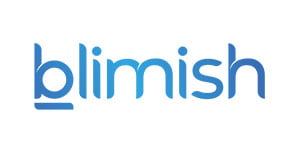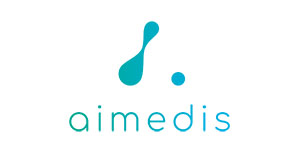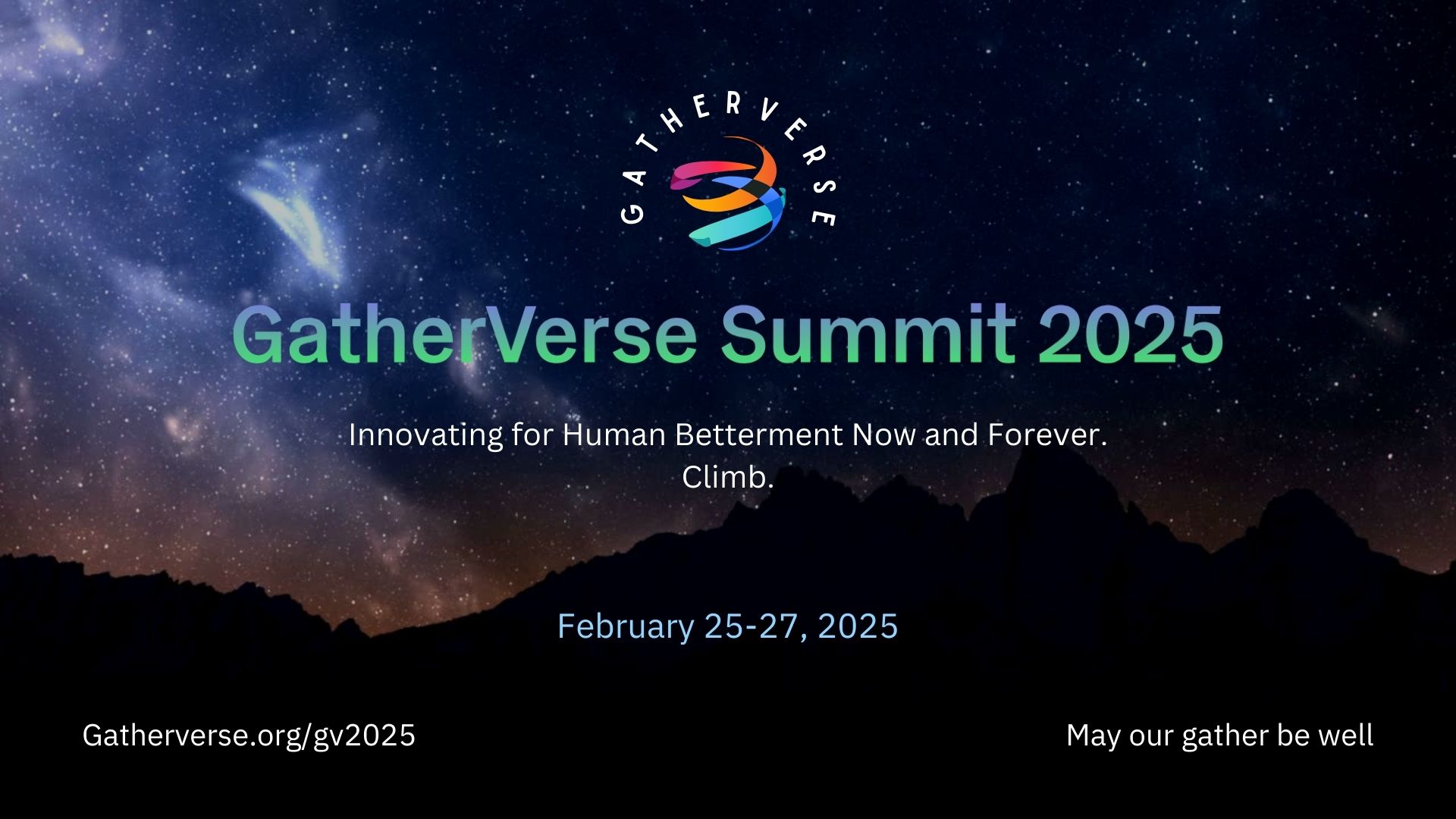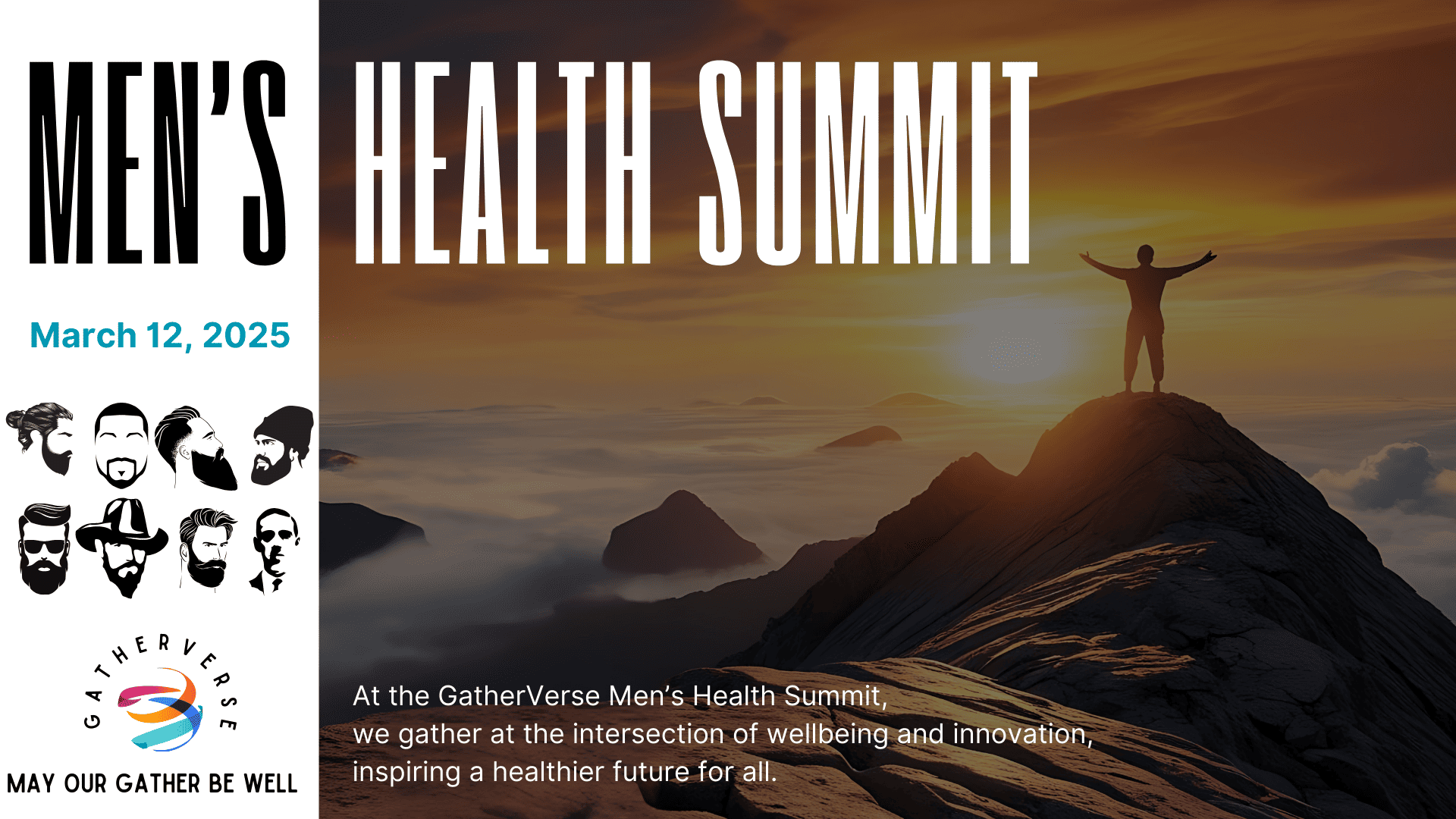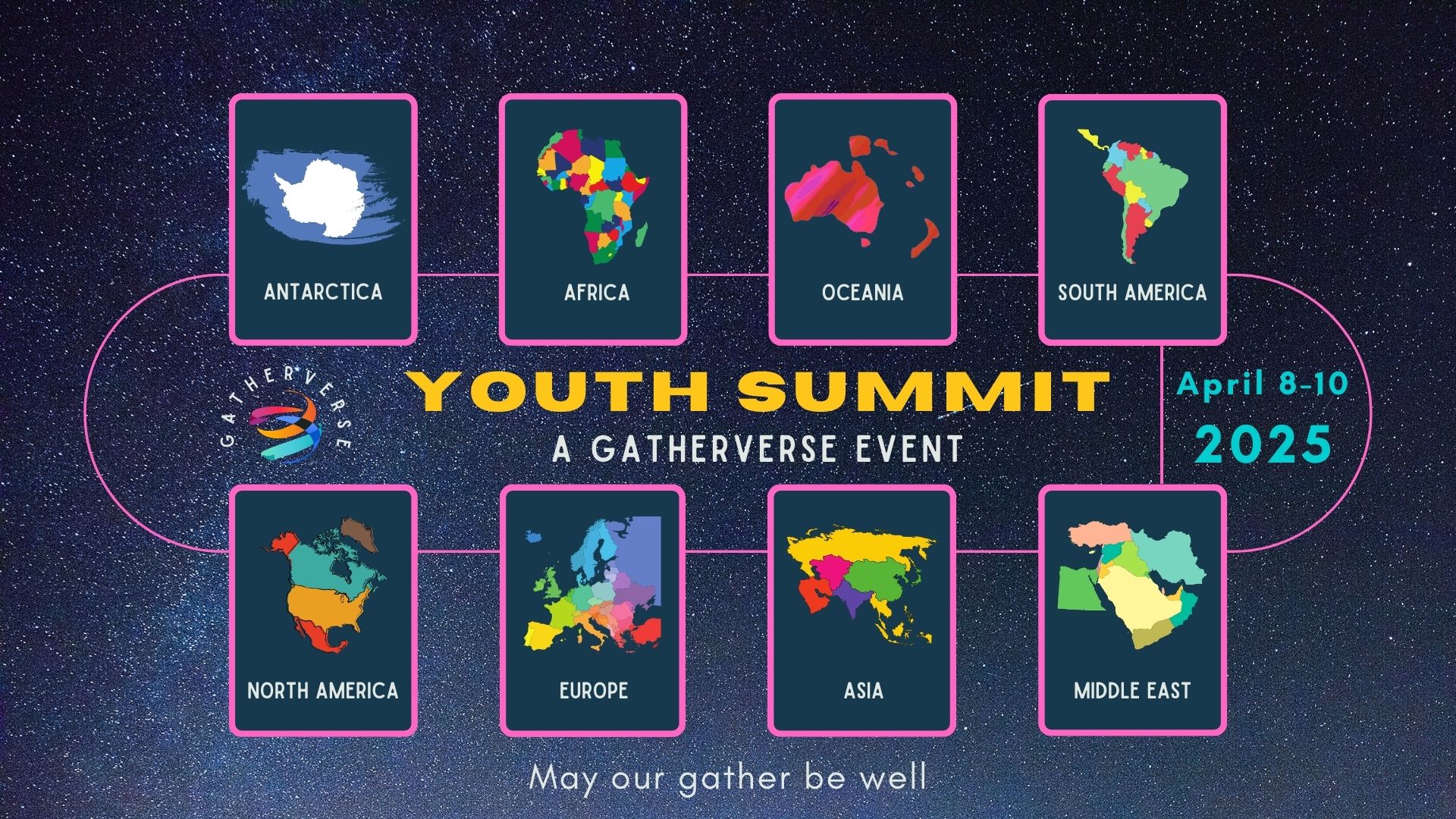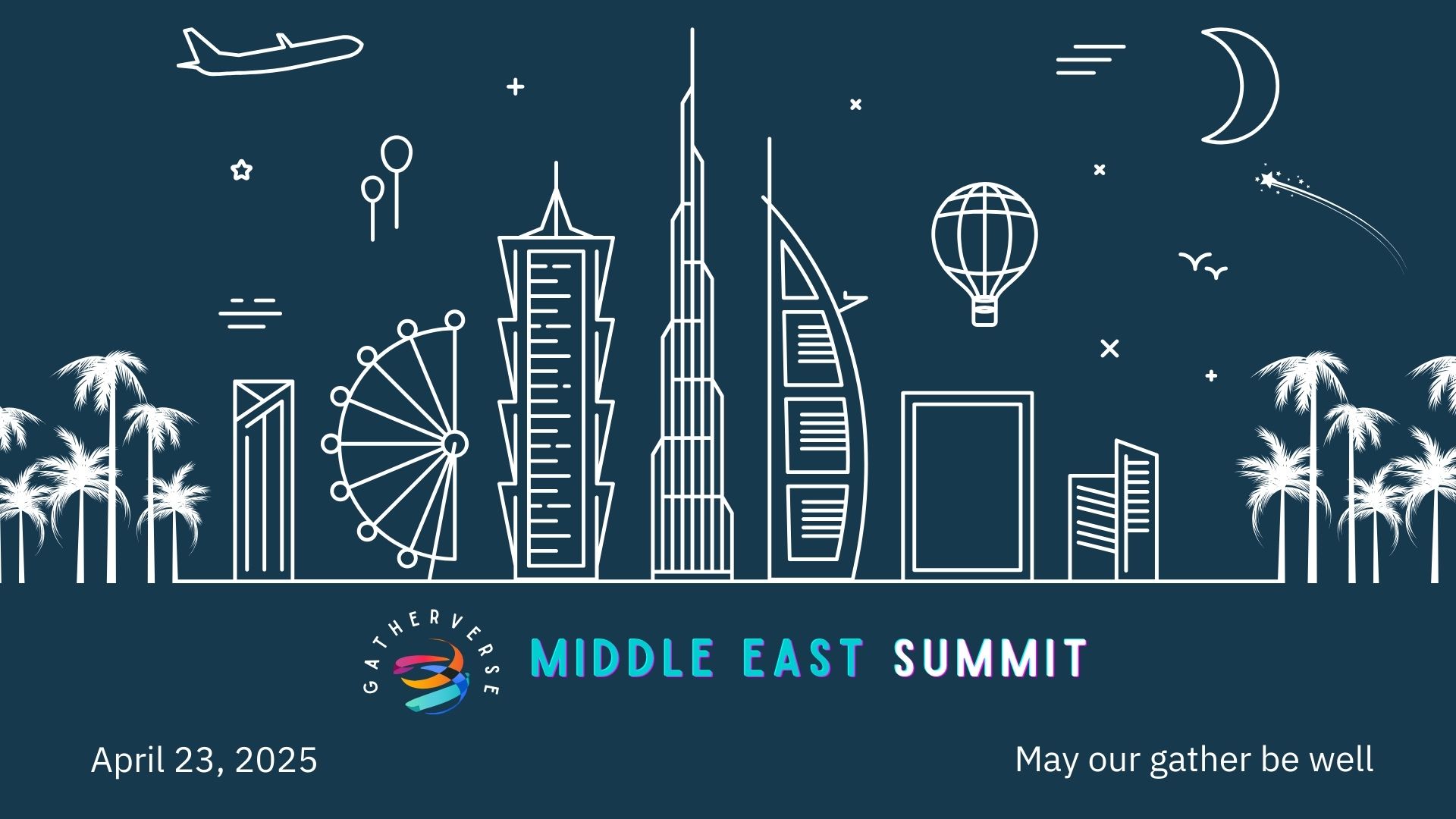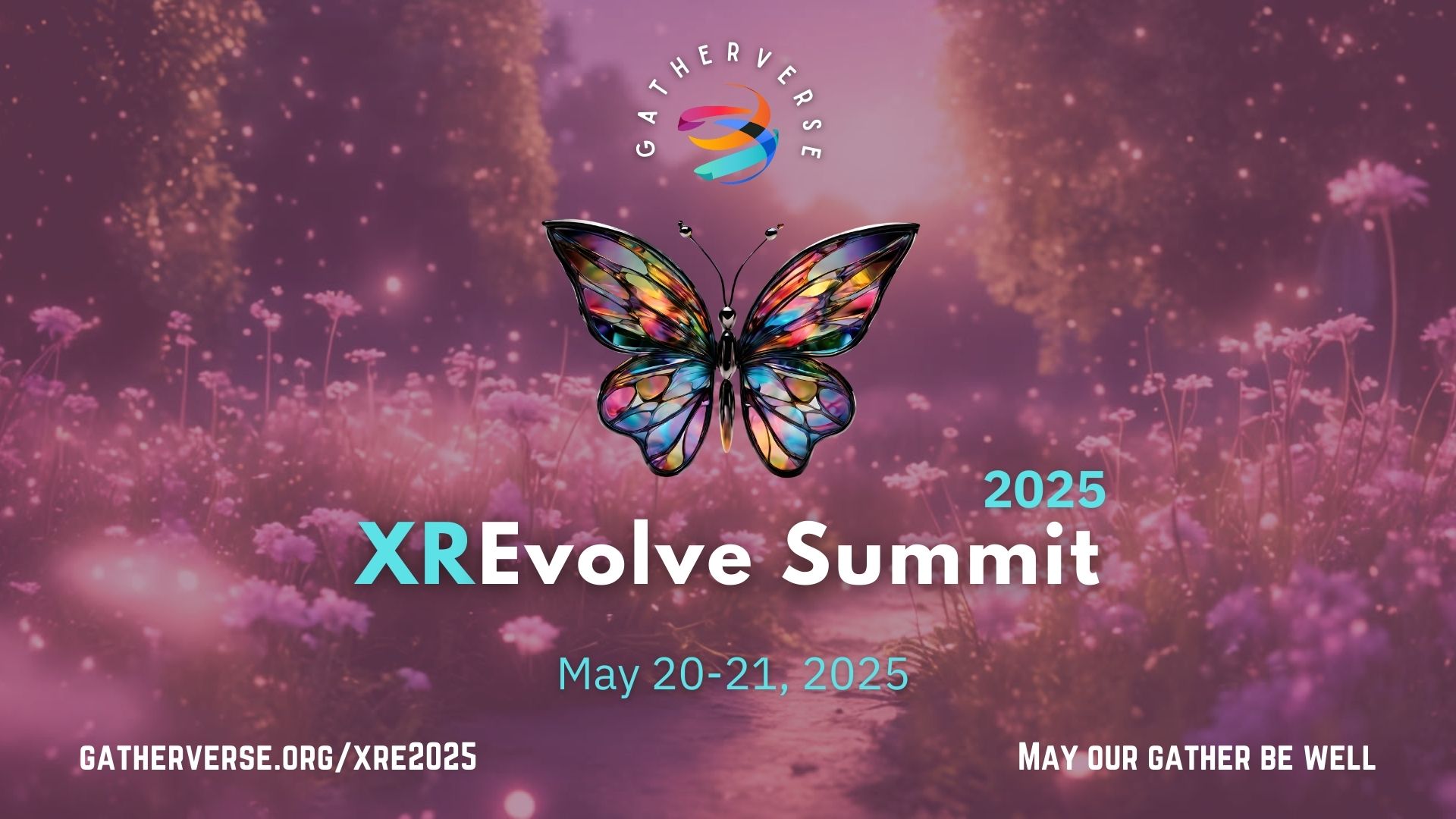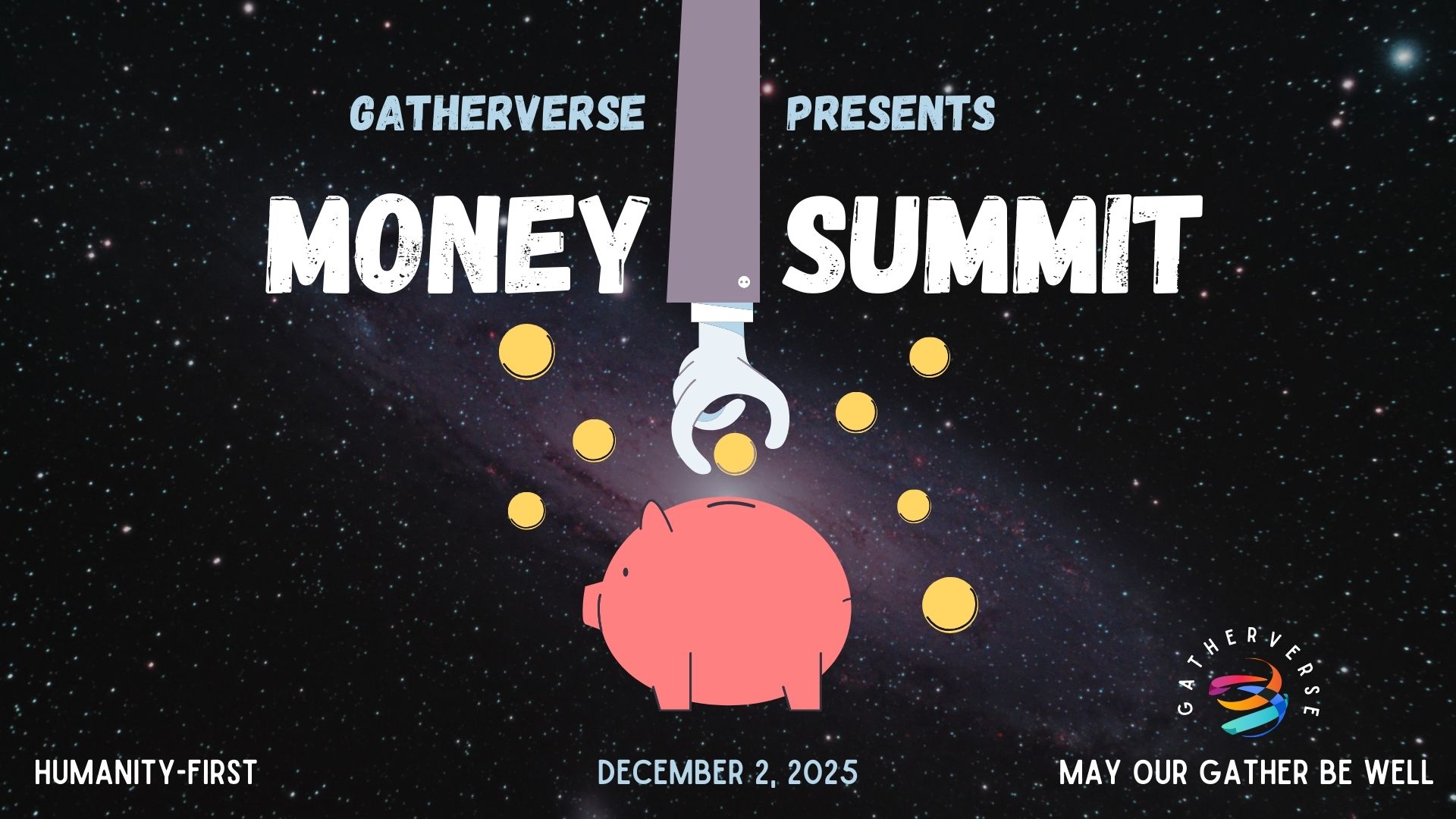Thomas Poetter
CEO
Potentialism/PerCon Flow
Bio:
Thomas Poetter, Founder & CEO of Compris Technologies AG, graduated in computer science from the University of Kaiserslautern with artificial intelligence and computational linguistics as key focus areas.
Working with DFKI (German Research Center for Artificial Intelligence) during his studies, Thomas was one of the first entrepreneurs who received in 1998 a 2 years’ startup stipend from the Fraunhofer society, in his case from the Fraunhofer Institute for Experimental Software Engineering (IESE).
Inspired by Fraunhofer’s success with MP3, Thomas achieved a comparable success with his patented innovations for watermarking text-based contents (eBooks, documents, web pages, etc.) and for secret inconspicuous communication.
These are nowadays being used by IBM, SAP/Sybase, Amazon, Intel, Microsoft, Nuance, Fuji Xerox, AT&T, Certicom and many others.
His company since then has successfully helped 13 DAX30 corporations, the German government and more than another 30 international corporations to achieve significant innovations in the fields of IT architecture, IT security, Big Data and artificial intelligence – improving the lives of more than a billion people.
Talk Title:
Metaverses as an Opportunity to test Ideas to improve Socio-Economic Models and solve our societal Problems
Talk Description :
Our Western societies have each at least 15+ big wicked problems to solve. We analyzed these and came up with a solution that probably for the first time solves them all as a capitalism upgrade called potentialism / PerCon Flow (PCF).
The main elements are the elimination of crime and misdirected incentives while helping everyone to reach their maximal potential.
We’re now starting to test these concepts by using metaverses in the following ways:
1. Metaverses/Multiverses as virtual worlds creating and selling digital goods/assets and intellectual property.
2. All knowledge and process documentation of all organizations could be opened up to everyone participating in the form of a giant Wiki-like IT system.
3. Companies/organizations doing online virtual R&D and technical tests that might be relevant for the current or future of the organization. Promising concepts and technologies would be pursued in parallel based on weighting factors.
4. Blockchain-based DAOs/DHOs (Distributed Autonomous/Human Organizations), creating and selling digital goods/assets and intellectual property with trust established based on latest blockchain technology.
5. Asking people their opinion, get feedback and continuously improve one’s socio-economic model.
6. Virtual learning and mental training, e.g. brining people into flow state for improved efficiency and creativity.
PerCon Flow can be used/introduced on a smaller scale in the following scenarios that offer synergies with metaverses:
1. PerCon Flow implementations can use/adapt/be based on AI systems in banks and insurances.
2. Wage bonus calculated based on net benefit value.
3. Share or bonus/options distribution in start-ups or scale-ups.
4. Selecting and funding projects based on fair public funding requests.
5. Awarding innovative communities, who e.g., switch to environment friendly methods.
6. Serving as model for taxes, tariffs, and duties for imports.
7. Introducing it together with Holacracy / Teal / Sociocracy / Management 3.0 / Tribal Leadership / Pitching Framework which are becoming more and more widespread: Netflix (Book: “No Rules”), Trivago, Basecamp, Valve, Gore, Semco.
8. Creating state-based insurance and information offerings in all fields and systematic corruption-free investing into future technologies.
We’re paying up to $1000 US for reporting possible flaws in PCF. Economic Simulation We’re working on simulating such a society and introducing it online as Metaverse or as DAO. Prof.
Tim Jackson proposed improvements of Stock-flow consistent models (SFC) to simulate socio-economic models. The mainstream approach is to use Dynamic stochastic general equilibrium (DSGE) modeling for simulation.
These and other (economic actor) models, possibly with adaptations for potentialism / PerCon Flow (PCF) could be used to simulate what happens in a PCF society, uncover potential weaknesses, and eliminate them even before PCF is introduced or as early as possible after introducing PCF.
We could design a coarse simulation model with many sub-packages, e.g. simulating the flows of various goods and services (could each be one sub-package), simulating various aspects of consumer’s purchase decisions (each one sub-package), simulating other consumer / election decisions with psychology behind this (each one sub-package).
We could then outsource the development of these sub-packages to various universities and colleges. We could also combine the best open-source simulation software packages into a new master package which these outsourced projects could use to become more efficient, elaborate and insightful.
The benefit for these universities/colleges would be that they get better and more integrative results than anybody else and can get innovative publications out of this.

